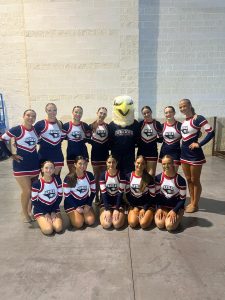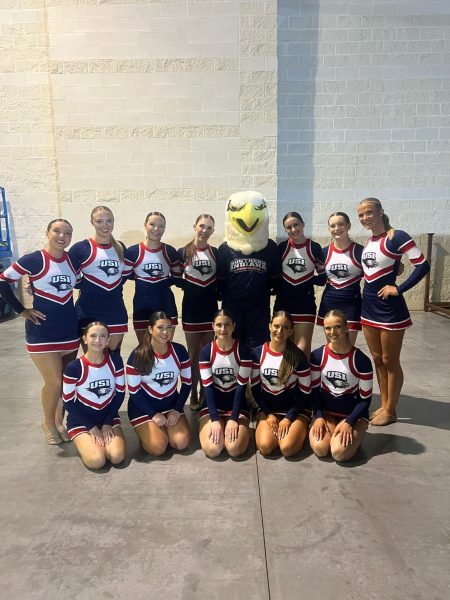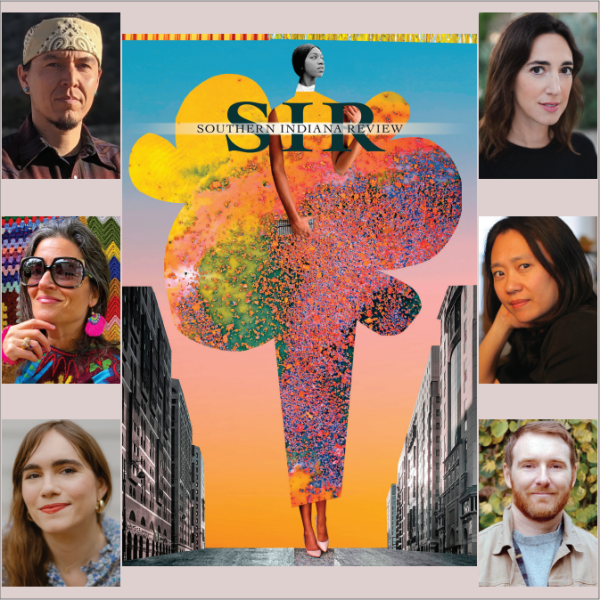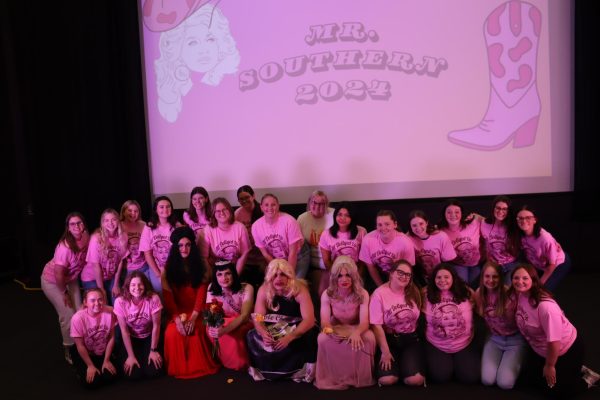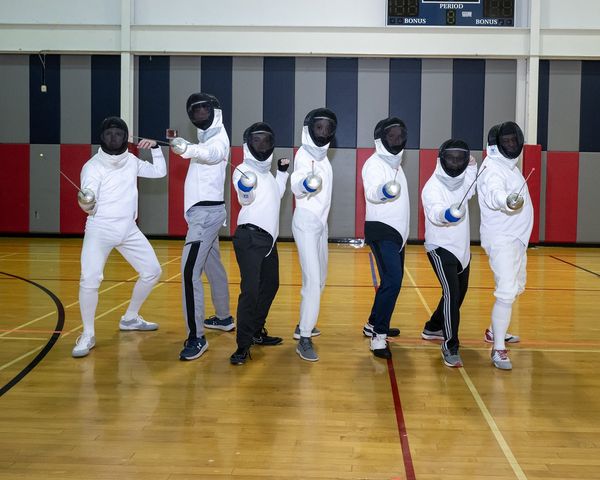What is FishHook? Meet USI’s collaborative student publication
October 19, 2022

Inspired by the writings of Jason Reynolds, I wrote a poem for an elementary education class last semester. I couldn’t decide whether to be embarrassed or proud of it — I think I settled on a little bit of both. When I submitted it for class, my instructor was ecstatic and strongly encouraged me to submit it to FishHook. At the time, my mental response was,
“What the heck is FishHook?”
I had never heard of the publication until then, despite trying to be active in the campus community for the past two years. It has lingered in the back of my mind for as long as I’ve known about it, and I have since heard several peers mention it in passing, many of them with the same question:
“What is ‘FishHook?’”
FishHook is a completely student-led art and literary journal published annually by the FishHook editorial team. The journal features art, poetry, photography, fictional stories and more recently, nonfiction academic works.
Students of all academic backgrounds can send submissions to FishHook. Their entries can be created specifically for the journal, made in their free time or even initially created as an assignment for a class or club.
Anthony Rintala, instructor of English, is the faculty advisor for FishHook. To him, FishHook’s value lies in the outlet it provides for anyone and everyone interested in the arts.
“We try to find ways to reach the Pott students or Nursing students who have a love of short stories or have a story to share,” Rintala said. “It’s for the chemists out there who love poetry, or the student in the arts department who is a brilliant photographer. I want as many people as possible to know that we are there for them.”
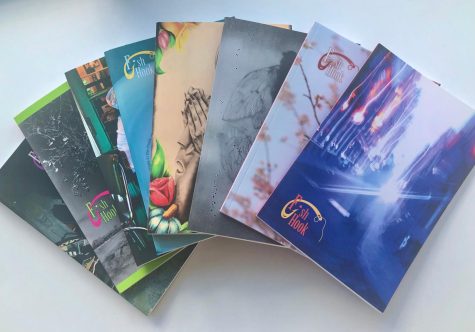
Submissions for Volume 12 are currently open. They can be sent to FishHook’s email, along with a contributor release form that gives FishHook permission to publish their work. Students can choose to publish their work anonymously but must include their identity in their submission.
According to FishHook editors, submitting pieces to FishHook or working on the team is also a great way to get to know the campus community. They agree that publishing in literary journals looks great on resumes, too.
All submissions are approved by Kyla Schlink, editor-in-chief of Fishhook. Schlink has been on the team for three years and hope to grow FishHook’s social media presence and team camaraderie during their time in office.
Submissions undergo a process of editing and approval between the FishHook editors and authors.
“We would just go through and mark whether or not we thought it would be good for the volume we were doing,” Schlink said. “We would send edits or suggestions back to the author, have them send back any changes they wanted to, and then we chose what order they would be published in.”

Once submissions are edited and approved for publication, a digital file is sent to Creative Publication on campus for printing.
Printed copies can be picked up for free in the Robert D. Orr Center and the Liberal Arts Center. Schlink said they would like to expand the distribution of the publication, spreading it further across campus. FishHook has also recently been made available online.
The FishHook team currently consists of five student members. Each member is an editor specializing in a specific field, ensuring that FishHook submissions are sent properly and meet the standards of the journal.
All members of the FishHook editorial staff are passionate about the project, and strongly encourage all students with even a slight interest to submit their work.
Denise McKenzie, sophomore English major emphasizing in creative writing, joined the FishHook editorial team this year, eager to get publishing experience and practice creative writing skills.
“FishHook is a culmination of creative work and things that students are actually passionate about,” McKenzie said. “I want people to submit because I just think writing is so powerful. We can change a lot with our words.”
Maria Farrar, senior English major emphasizing in professional writing, also joined the FishHook team this year. “It really highlights what students at USI are capable of,” Farrar said.
Students who have submitted their work to FishHook view their experiences positively.
Jaydon Pritchard, senior English major, recently submitted his poetry to FishHook.
“I wanted to show other students that their classmates were doing something, making art,” Pritchard said. “I think it’s important to have FishHook because it’s a way to share. It’s a way to share that you’re making something here.”

Ivys Quintana, sophomore English teaching major, submitted an essay on the Disney film “Luca.”
“I actually did not expect to be selected to appear in FishHook since I am not a creative writing major, and English is not my native language, but I am glad they accepted my academic essay,” Quintana said. “They even offered some feedback before the publication.”
“I think it is important to have a publication such as FishHook on campus because it gives the opportunity to students from all majors to show their writing or artistic works,” she said. “You don’t have to be an English major to submit your work, you just need to have something you really want to share with others.”
The FishHook team was also adamant about encouraging students to submit, even if they are nervous or not entirely confident in their work.
“Worst-case scenario, you’re going to get a really friendly rejection from us, hopefully with some suggestions on how to improve,” Rintala said. “If this is something you’re interested in doing, then FishHook is a wonderful bit of practice, even if you’re practicing getting rejected.”
“You don’t get anywhere unless you put yourself out there,” McKenzie said.
Be sure to pick up your own copy of FishHook Volume 11 next month.



